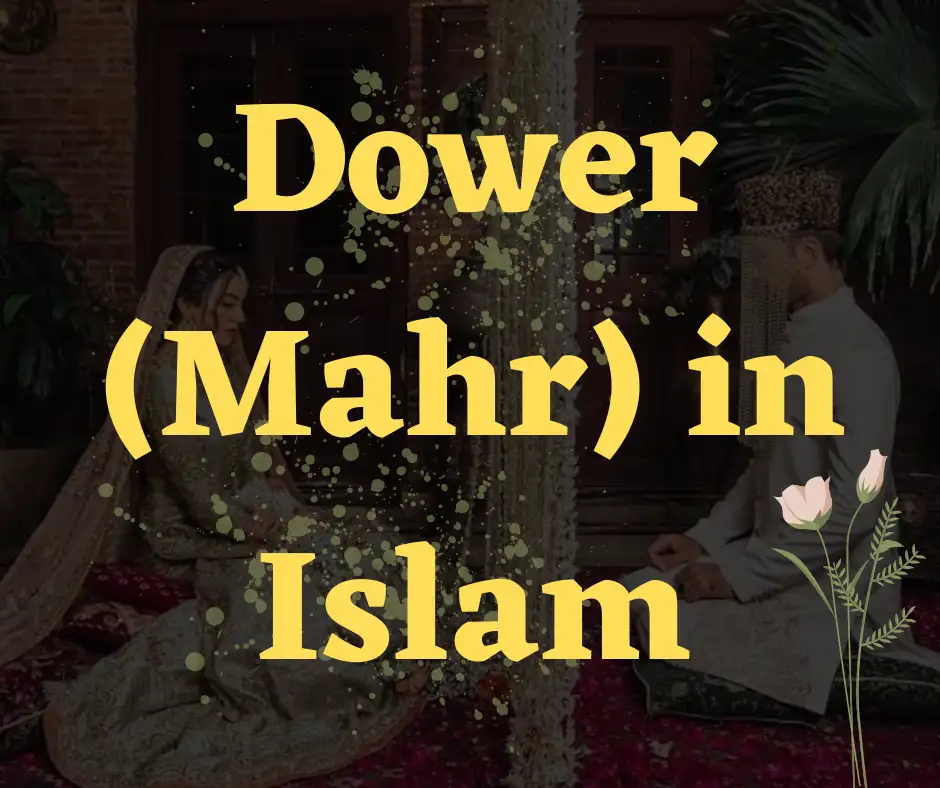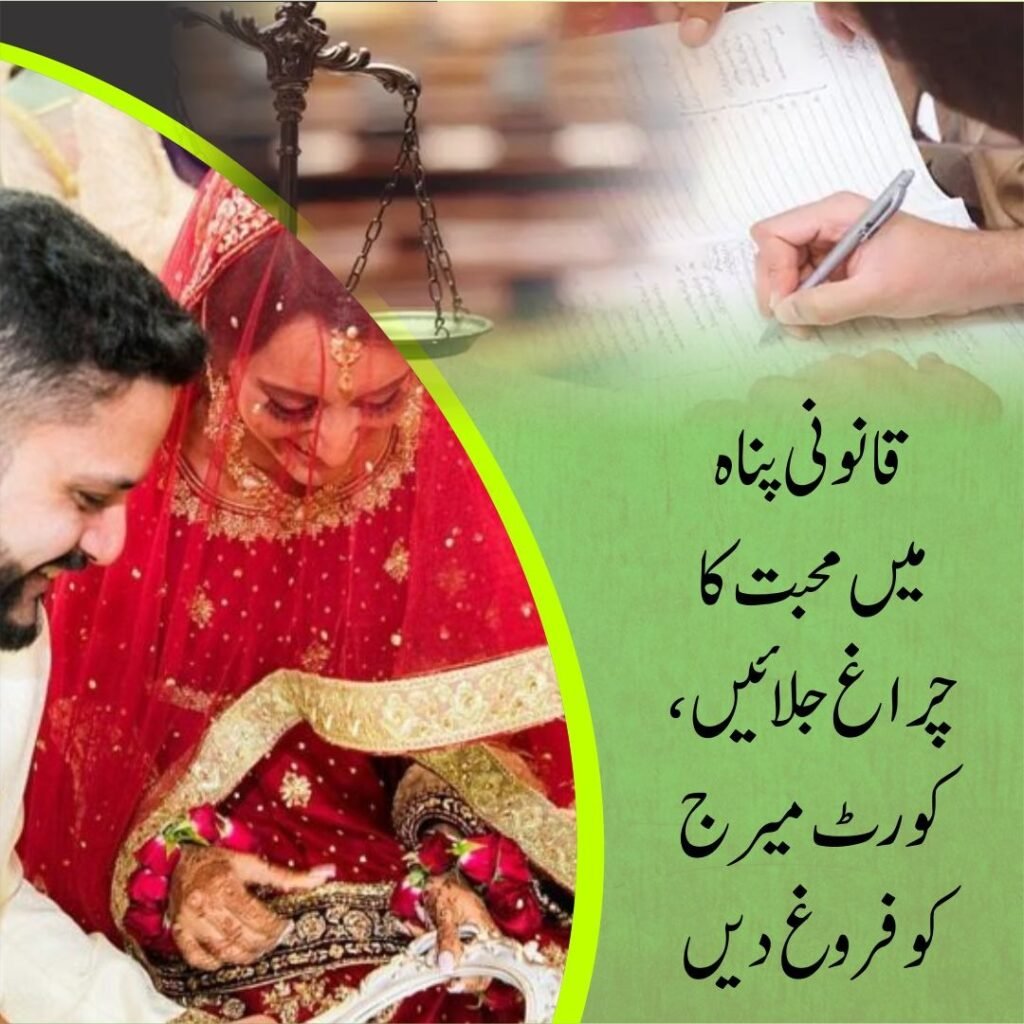Mehar/Meher/Mahr in Islam
Dower Meaning in Urdu
Two Types of Mehar/Meher in Islam
- Date modified:
- 2024-03-02
Mehar/Meher - Dower, Meaning in Urdu
Two Types of Mehar in Islam
Mehar Definition: What is dower meaning in Urdu? Types of mehar/meher/mahr/dower in Islam. How much mehar/meher(Dower Money) is legal in Pakistan. We shall define mehar/dower in this blog, as we receive several such inquiries about mehar/dower on a daily basis. We shall try to elaborate on these terms in detail.
“Mehar” is Groom’s Obligation
During an Islamic wedding, a Mehar (in Arabic and Persian: mahr) also written mehr and meher refer to the groom’s obligations to the bride (the payment also specifies how and when to be paid). In Islamic marriages, the groom must pay the bride money or goods as part of a mehar (payment also takes place under certain conditions). Money is often used as the mehar, but it can also be jewelry, home goods, furniture, home, or land agreed upon by the bride. The mehar is usually stipulated in the marriage contract signed upon marriage. The primary responsibilities of both partners in an Islamic marriage are clearly defined, and the rules as to how to earn and spend wealth are accordingly set forth.
Islam considers marriage, or nikah, as a blessed union that has a few essential components without which it cannot be considered complete. One of them is the payment of the mehar or dower.
Muslims are required to pay their wives the mehar because Allah commands them to do so “happily” in the Quran, where it is called “fareezah” means a duty.
What is Dower Meaning in Urdu?

Types of Mehar/Meher in Islam
There are two types of Mehar/meher in Islam:
- Muqaddam (Moajjal or Prompt)
- Muakhar (Mawwajjal or Deferred or Payable on Demand)
After the wedding ceremony, the Muqaddam (Moajjal or Prompt) Mehar should be given and the Muakhar (Mawwajjal or Deferred or Payable on Demand) should be given based on the date agreed upon by the couple. Muqaddam Mahr considered this to be an important dower payment. A husband cannot deprive a woman of her Mehar rights by himself, as Mehar is an Islamic fundamental right. Due to religious requirements, the Mehar should be paid from the husband’s estate or wealth upon the death of the husband. Mehar can be of any form, whether money or jewelry such as gold, silver, cash, clothes, estates, appliances, etc.
- Two witnesses shall be present at the time of performing nikah online (at our office).
- The witnesses shall be Muslim.
- The witnesses shall be sane.
- The witnesses shall be adults.
- They must have witnessed the contract at the time of nikah, and are able to testify in court (if required) for an Islamic marriage official contract (Nikah Nama/Nikkahnama) which proves that a legal marriage has taken place between two people as per Islamic law and customs.
Significance of Mehar in Islam:
The bride keeps Mehar as payment for her wedding. It is for this reason that if the girl owns nothing (gold or property), she will have something to hold her rights in. She will then return the Mehar to him and obtain a divorce or Khula if she later decides to divorce. In most cases, the wife can keep the Mehar if a divorce occurs for ordinary reasons.
A financial arrangement must be negotiated between the Muslim groom and the bride before the wedding takes place.
How much Mehar is legal and what are its conditions?
As long as the amount of mehar/dower specified in the marriage deed has been paid to the wife upon consummation of the marriage or the death of the husband, the entire amount of Mehar will be paid to her. Observations have shown that few husbands intentionally give a low amount of dower, even when they are in good financial standing. Women are found to be unable to maintain themselves because the dower amount is so low. Women are therefore unable to sustain themselves. A reasonable dower has been established as a solution to this problem. In order to ensure that the amount of dower won’t be bound by the marriage deed, the legislature was given control of the amount of dower.
Wife’s Right of Receiving Mehar
It is strictly limited in Islam that no one is allowed to take it from the wife, whether her parents or husband, without her consent or permission. Only the wife has the right to take, keep or utilize the Mehar. Mehar is her property if she receives a profit from it, will also be hers, and she will be the only owner of it. The wife will receive half the amount if the divorce occurs before Rukhsati. Islamic nikah can not be solemnized without the determination of Mehar. “Mehar” is used in Islamic terminology to indicate affection and honor toward his wife, which means to win the heart of his wife with the love of a gift.
Legal Services of Right Law Associates (Pvt) Ltd
The following services are offered by Right Law Associates (Pvt) Limited:
Family Law, Property Law, and Corporate Law.
We are one of the top law companies in Pakistan with more than 37 years of experience in legal matters such as court marriage, conventional marriage, divorce, khula, child custody and child maintenance, taxation law, corporate law and criminal law.
We provide our clients with expert consultancy in the above-mentioned issues. Our philosophy is to educate and empower our clients with a possible solution in legal matters at a very low cost. Don’t hesitate to get in touch with us to get the expert opinion of a professional lawyer regarding your legal matters. Please describe your problem in the comment box given below or mail us, or you can call us.
We Fight for Your Right!
Some Useful Links:
Recovery of Dower Money
After effects of Divorce
Is triple Talaq valid in Law?

